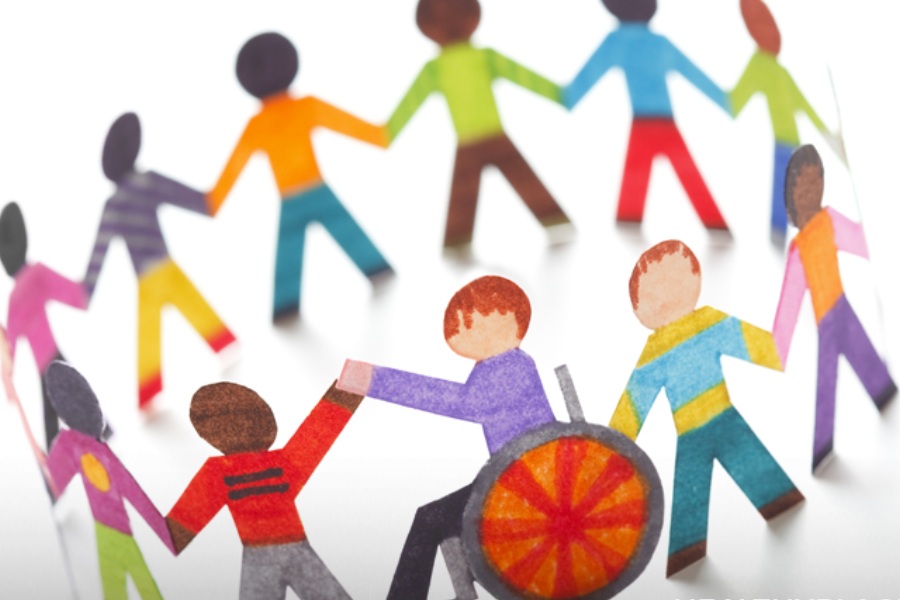Many parents are in denial of their child having differential or special needs, leading to a delay in detection and intervention, said doctors, counsellors and teachers in Calcutta.
On many occasions teachers identify some of the signs and alert the parents who refuse to accept, principals said.
The delay in intervention impacts the outcome, functioning and quality of life of a child with special needs, said doctors.
Parents cannot be blamed too, because the stigma associated with any disability makes it difficult for them to accept, said a counsellor.
“We do see children with some obvious signs which are communicated to parents. Many parents react strongly because of the stigma attached to a disability,” said Amita Prasad, director, of Indus Valley World School.
Prasad said that it was important that teachers were sensitive, too, They need to address parents accordingly, without using “labels”, she said.
At times parents respond by saying “this is a phase, it will be over,” “the child responds at home” (if the teacher says he is not responding to instructions), “this is not how they behave at home,” “our family will not agree for a diagnosis,” said counsellors and teachers.
“Parents are in denial because they have certain expectations from their children and that will not be met. Therefore, it becomes difficult for them to accept,” said Apurba Ghosh, director of the Institute of Child Health.
Koeli Dey, principal of Sushila Birla Girls’ School, said that there is a certain “benchmark” that parents have for their children and denial stems from the fact that
they will not rise to that expectation.
Ghosh said that denial delays detection and intervention.
“The earlier the intervention, the better will be the functioning, quality of life and the outcome. Parents of children with special needs have to be counselled but even with that acceptance is difficult,” said Ghosh.
Denial also comes from a lack of knowledge of the way forward, said Farishta Dastur Mukerji, consultant psychotherapist with several schools.
“When we see differential needs of students we have to educate people about it. There is a lack of knowledge among parents about the way forward,” said Dastur Mukerji.
“Parents also fear that their child will be labelled. Even now there is a lot of taboo associated with detection,” she said.
Early detection would mean intervention which would vary from case to case, said doctors.
“The needs vary and so does intervention, which could be speech therapy, occupational therapy, behaviour therapy or helping the child develop social skills. When parents refuse to accept, the intervention gets delayed and the child suffers in the classroom or his or her social circle,” said psychiatrist Sanjay Garg.
Schools refer parents to doctors but despite that acceptance could be low because of low awareness.
“We do get several referrals from schools but even though parents come they refuse to accept to do follow-ups. Teachers can identify signs because they see a new batch of students every year and they can compare the developmental delays of one child with respect to another,” said Garg.











